Sam Bankman-Fried: Sentencing Post-Mortem Video Analysis
David DePape (Pelosi attacker) Sentencing Post-Mortem


Sam Bankman-Fried: Sentencing Post-Mortem Video Analysis

Washington, D.C. – In a major victory for sentencing reform advocates, the U.S. Sentencing Commission has amended the U.S. Sentencing Guidelines to preclude the consideration of acquitted conduct at sentencing. This amendment, which goes into effect on August 1, 2024, marks a significant step towards a more constitutional and equitable sentencing system.
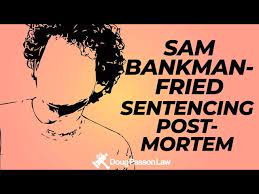
Sam Bankman-Fried: Sentencing Post-Mortem Video Analysis
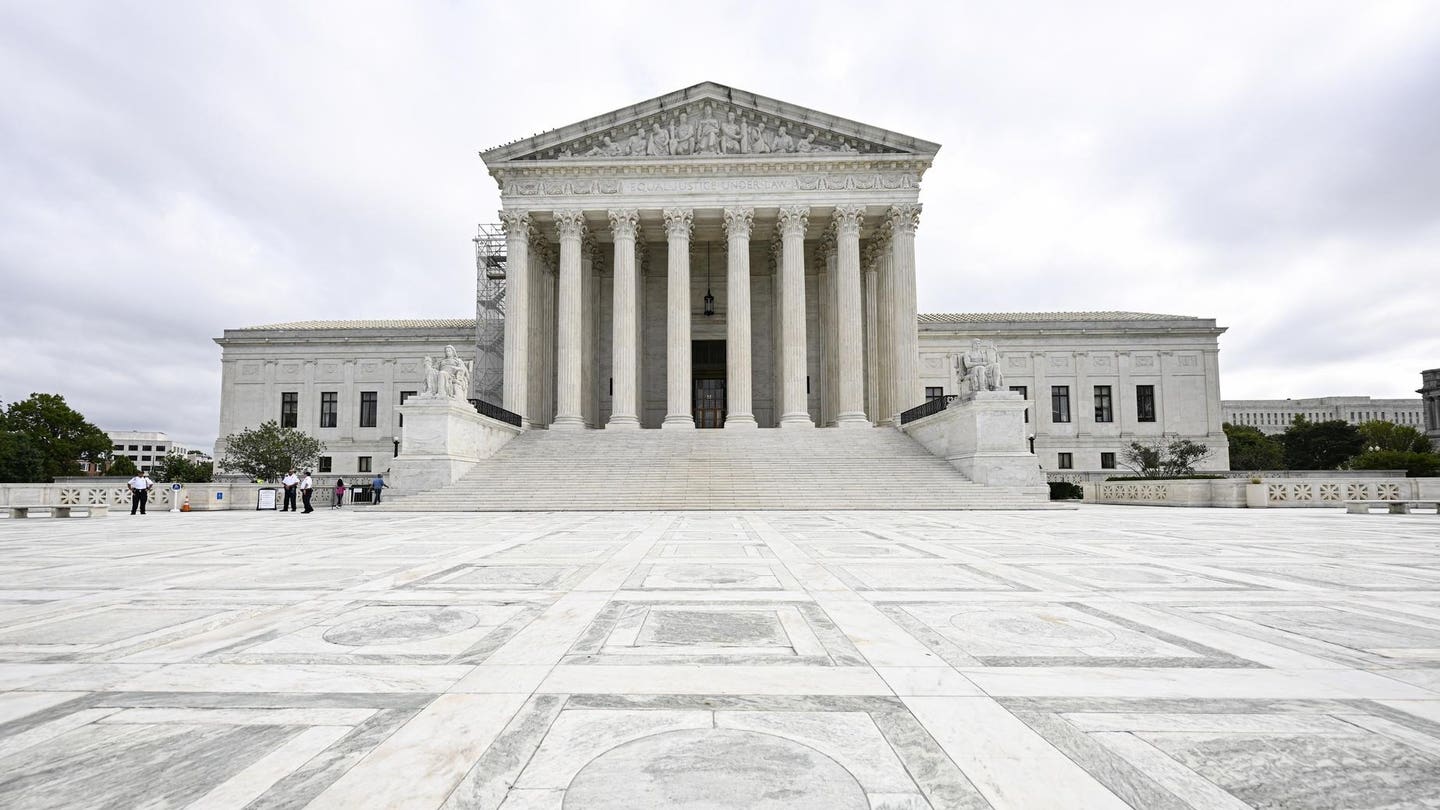
The Supreme Court made a decision in Pulsifer v. United States that significantly narrowed the reach of the “safety valve” provision, which allows for reduced sentences in federal drug offenses, undermining recent efforts by Congress to mitigate the harshness of mandatory minimum sentences. The majority’s interpretation, as described by Justice Elena Kagan, restricts the eligibility
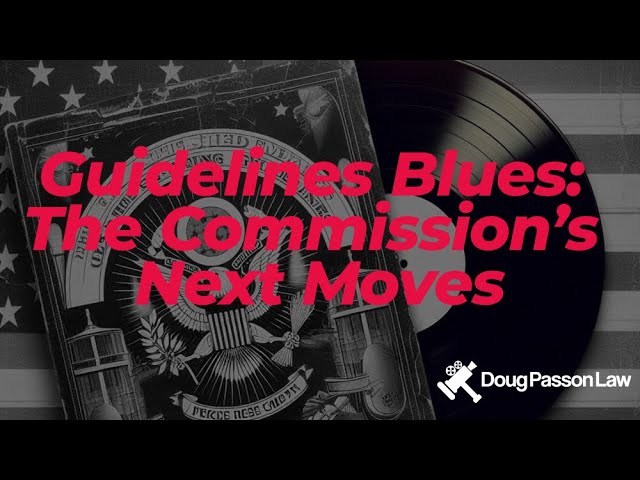
Sentencing Stats’ co-founder Mark Allenbaugh and advisor Doug Passon analysis the forthcoming 2024 US Sentencing Commission Amendments
In this latest in our ongoing video series on Amendment 821, we explore the recent amendment made by the U.S. Sentencing Commission (USSC) to the U.S. Sentencing Guidelines, specifically focusing on Amendment 821, Part A, otherwise known as the “Criminal History Amendment” or “Status Points Amendment”.
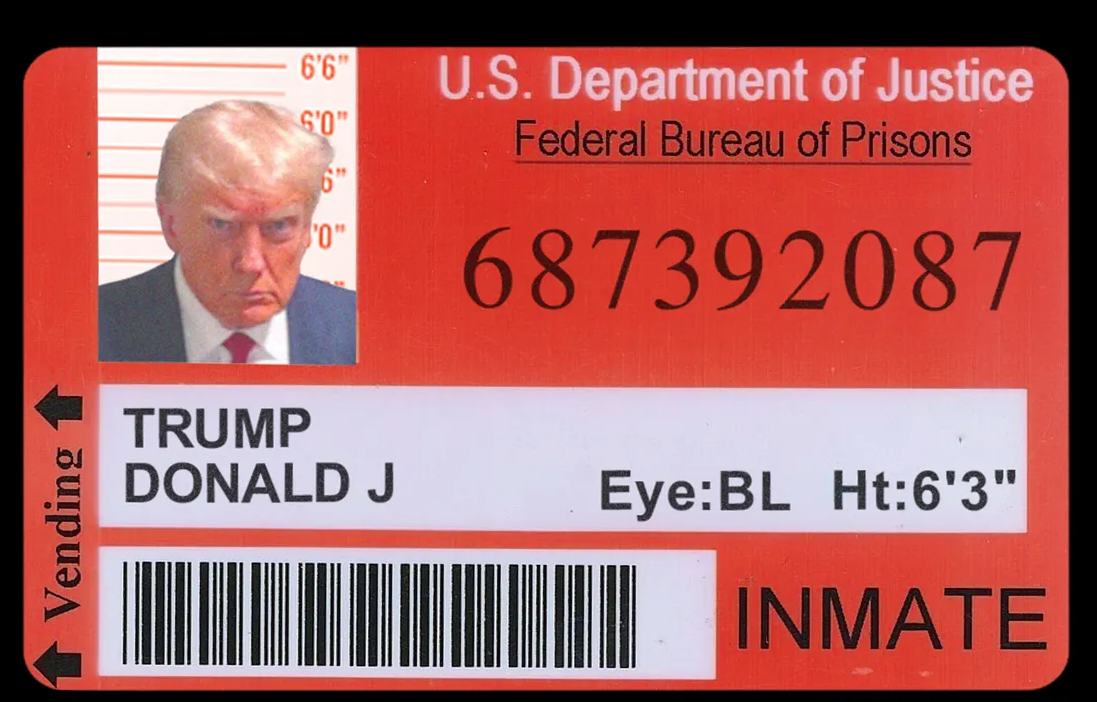
Renowned journalist Ankush Khardori investigates the reality Trump will face if convicted to a custodial sentence. SentencingStats President and Chief Research Officer Mark Allenbaugh, provides an analysis and uses our sentencing data of the January 6th defendants to provide analysis and predictions of the outcome for Trump. Read Article Facebook LinkedIn

SentencingStats.com, a leading provider of federal sentencing analytics and artificial intelligence solutions for sentencing analysis, is proud to announce that it has been selected for a founder grant from Microsoft for Startups Founders Hub, a global program that helps early-stage companies scale their businesses.

SentencingStats.com was once again tapped by the Washington Post to supply analytics and a quote from our President and Chief Research Officer, Mark Allenbaugh.
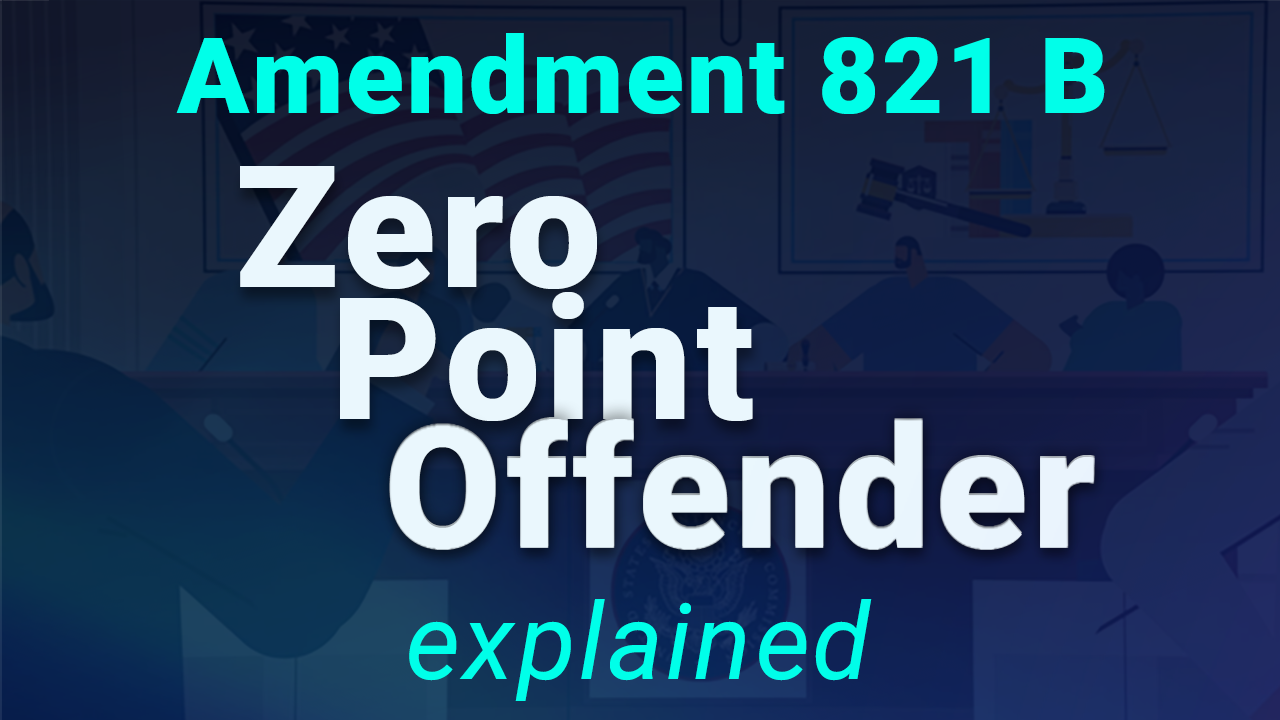
Sentencing Stats official Video guide to to U.S. Sentencing Commission’s Amendment 821, §4A1.1 Part B (retroactive), otherwise known as the Zero Point Offender amendment.